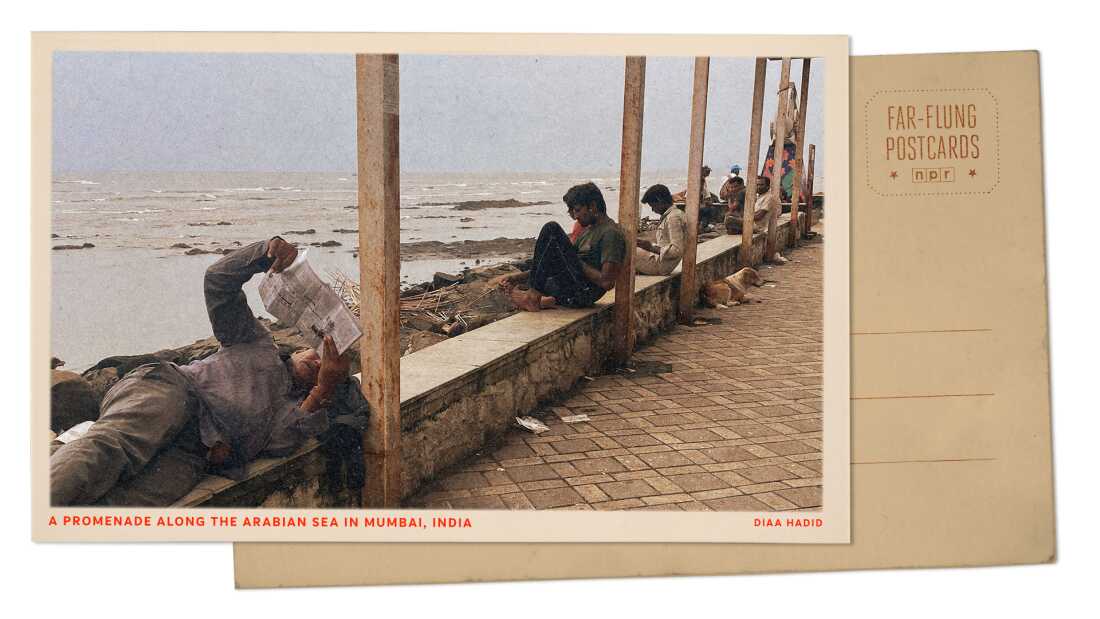Unlock the Editor’s Digest without cost
Roula Khalaf, Editor of the FT, selects her favorite tales on this weekly publication.
It’s disgusting to learn the boast of the world’s richest man that “we spent the weekend feeding USAID into the wood chipper”. That this raises constitutional and authorized points for the US republic is sort of clear. Certainly, it’s evident that these now in cost can be fairly completely happy to eliminate such tiresome constraints altogether. However there are additionally ethical points. Ought to the US effort to succour the world’s poorest have been fed right into a “woodchipper” in any respect? The reply is “no”.
As Paul Krugman notes in an distinctive current piece on his Substack, the US made an enormous effort after the second world warfare to be a brand new and completely different kind of nice energy: it sought to create allies, not tributaries; financial growth, not predation; international establishments, not imperial rule; and worldwide legislation, not the outdated concept of “might makes right”. There was, inevitably, a lot backsliding. However in all, the US has certainly been a strikingly benign and profitable hegemon.
The explosive progress of world commerce, the rise of once-impoverished China and India, the peaceable fall of the Soviet Union and, not least, the decline within the proportion of human beings dwelling in excessive poverty — from 59 per cent in 1950 to eight.5 per cent in 2024, regardless of a tripling of the world inhabitants — are proof of its success. The US needs to be vastly pleased with its achievements as world chief, and never search to mimic the bullying of Vladimir Putin’s Russia, as an alternative. (See charts.)

The US Company for Worldwide Growth, then, is a part of one thing far larger. The US additionally performed a decisive position within the creation of the World Financial institution, the IMF, the UN, the Common Settlement on Tariffs and Commerce, the Worldwide Growth Affiliation and Nato — unambiguously, each then and now, a defensive alliance.
The underlying concept was that the world can be a greater place if we recognised our shared curiosity in peaceable co-operation. Why would anybody want to sacrifice this ideally suited for a return to the Nineteenth-century competitors amongst imperialist nice powers that culminated in two world wars, Stalinism and fascism? Do pathogens or the local weather recognise worldwide borders? Is warfare amongst nuclear powers even thinkable? Can any nation really be an island? Can humanity, having trashed this planet, actually discover rescue on the barren planet of Mars?

The onslaught on USAID is a token of the insanity now overwhelming the US. However it’s revealing. Its funds was 0.7 per cent of federal spending and 0.15 per cent of GDP within the 2023 fiscal yr. Its destruction is above all symbolic. In response to Musk, USAID is a “viper’s nest of radical-left marxists who hate America”. USAID spends on issues like Aids aid and household planning on the earth’s poorest nations. So, what radical-left Marxist launched the President’s Emergency Plan for Aids Reduction? George W Bush, that’s who. Even when this onslaught proves simply an interruption, it is going to do a lot harm.

Sadly, this comes at a foul time for financial growth. Because the World Financial institution’s newest International Financial Prospects notes, not solely is international financial progress slowing, however the efficiency of low-income creating nations has grow to be significantly worrying.
“Catch-up toward advanced economy income levels has steadily weakened across [emerging market and developing economies] over the first quarter of the 21st century,” the report argues. That is the results of successive shocks, slowing reforms and a extra adversarial exterior setting, characterised largely by “heightened policy uncertainty and adverse trade policy shifts”.

“Rapid growth underpinned by domestic reforms and a benign global environment allowed many low-income countries . . . to attain middle-income rank in the first decade of this century. Since then, the rate at which low-income countries are graduating to middle-income status has slowed markedly.” Development in actual incomes per head in these nations has merely grow to be anaemic. That’s partly due to inside battle and partly due to adversarial exterior developments, together with the worldwide monetary disaster, the pandemic, sudden jumps in costs of important commodities and better rates of interest.

Consequently, argues the report, throughout a big selection of growth metrics, immediately’s low-income nations are behind the place those that subsequently turned middle-income had been in 2000. They’re additionally now extra vulnerable to shocks associated to local weather change.
In contemplating the plight of the poorest nations it’s obligatory to know the constraints upon them. They lack the assets to supply healthcare or wanted schooling. Thus, based on the World Financial institution, spending on well being per individual in high-income nations is greater than 50 instances as massive as it’s in low-income ones, in actual phrases, and spending on schooling is greater than 150 instances as massive. Furthermore, the price of curiosity on debt has climbed to greater than 10 per cent of presidency revenues in low-income nations, partly due to the necessity to borrow in crises and partly due to the elevated rates of interest.

A world with extra affluent, more healthy and extra steady nations is a greater one to reside in, not simply morally, however virtually. The principle devices for attaining these ends stay multilateral establishments. If the US goes to show away from its previous knowledge, it’s as much as the remainder of us to create a multilateral manner ahead, whereas hoping that the US will ultimately discover a manner again into the sunshine.
Minouche Shafik has argued persuasively for some severe rethinking. There are certainly many international challenges forward, as she notes. However there may be one wonderful alternative. Eliminating the scourge of utmost poverty from our planet is now tantalisingly close to. However we’re failing. We should strive tougher. This long-sought purpose is way too near be deserted.




